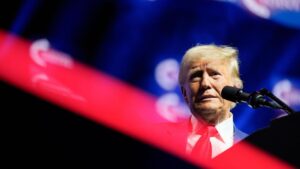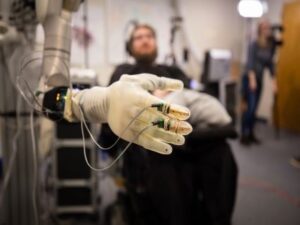Could psychedelic drugs enhance the mental health of individuals with autism?

In a recent survey of 233 autistic individuals, participants shared profound experiences of unity, transcendence, ineffability, and awe, along with improved mental health, after using psychedelic substances like LSD and psilocybin. While such accounts are common among psychedelic users, these testimonials stand out because they come from individuals on the autism spectrum.
The survey, published in October in Psychopharmacology, suggests that psychedelics may offer benefits for this often overlooked group. Approximately 1 in 36 people in the U.S. are diagnosed with autism, a condition that frequently co-occurs with mental health issues such as depression, anxiety, substance use disorders, and obsessive-compulsive disorder. Although some studies have indicated that psychedelics might help with these conditions in neurotypical individuals, no psychedelic treatments have been approved in the U.S. for such purposes. In contrast, only one small pilot study has explored the use of psychedelics in autistic individuals. Now, several small-scale studies are beginning to assess the potential benefits and risks of these substances for people with autism. The 2018 study, which involved 12 autistic adults with severe social anxiety, showed that those who received MDMA, paired with talk therapy, experienced “rapid and durable improvement” in symptoms that lasted at least six months.
However, larger and more comprehensive studies are needed, according to Hsiang-Yuan Lin, a psychiatrist and clinician-scientist at the Centre for Addiction and Mental Health at the University of Toronto. He emphasizes that “we cannot simply assume that treatment responses in neurotypical brains will be the same in autistic brains.” He also points out that responses to psychedelics may vary significantly among individuals with autism. “Individual differences are everywhere, but they are even more pronounced in autistic people,” he explains.
One ongoing study aims to explore these brain differences using psychedelics. Led by psychiatrist and neuroscientist Gráinne McAlonan at King’s College London, the study recently completed data collection involving 39 autistic and 30 nonautistic adults. Participants underwent sensory-processing tests, such as reacting to an unexpected sound, both with and without a low dose of psilocybin. MRI and electroencephalography will be used to analyze the biological responses to the drug. McAlonan hopes the study will provide “well-grounded neuroscience” to help autistic individuals decide whether to use psychedelics for mental health symptoms.
Additionally, some researchers are gathering evidence on the risks and benefits of psychedelics based on reports from autistic individuals already using them. Aaron Paul Orsini, the founder of NDpsychedelic.com, an online directory for neurodivergent psychedelic services, has collected around 8,000 such personal accounts, primarily through an online community he co-founded.








